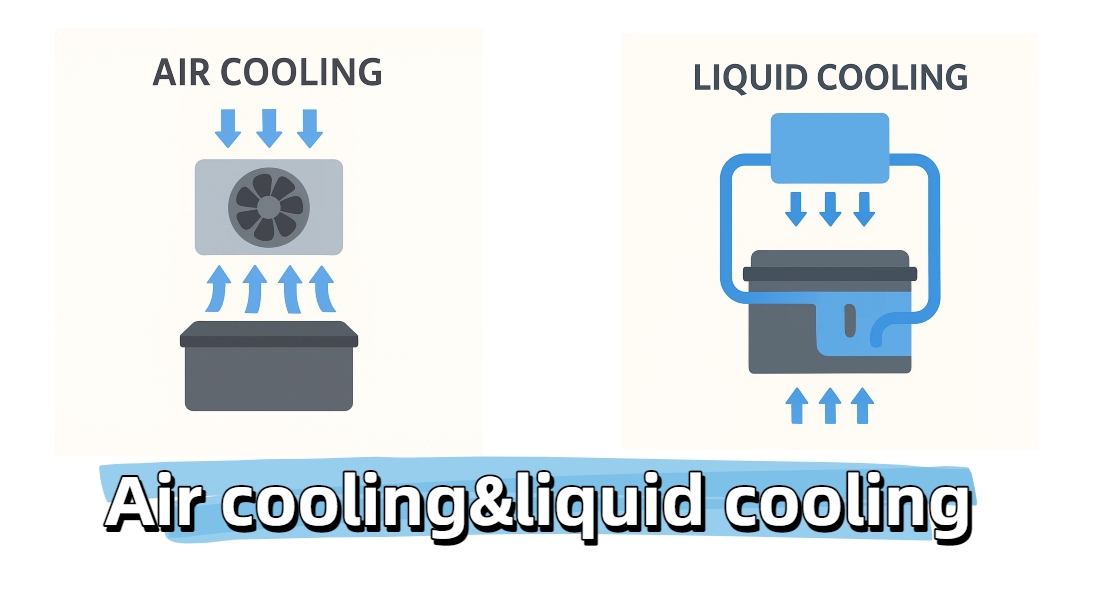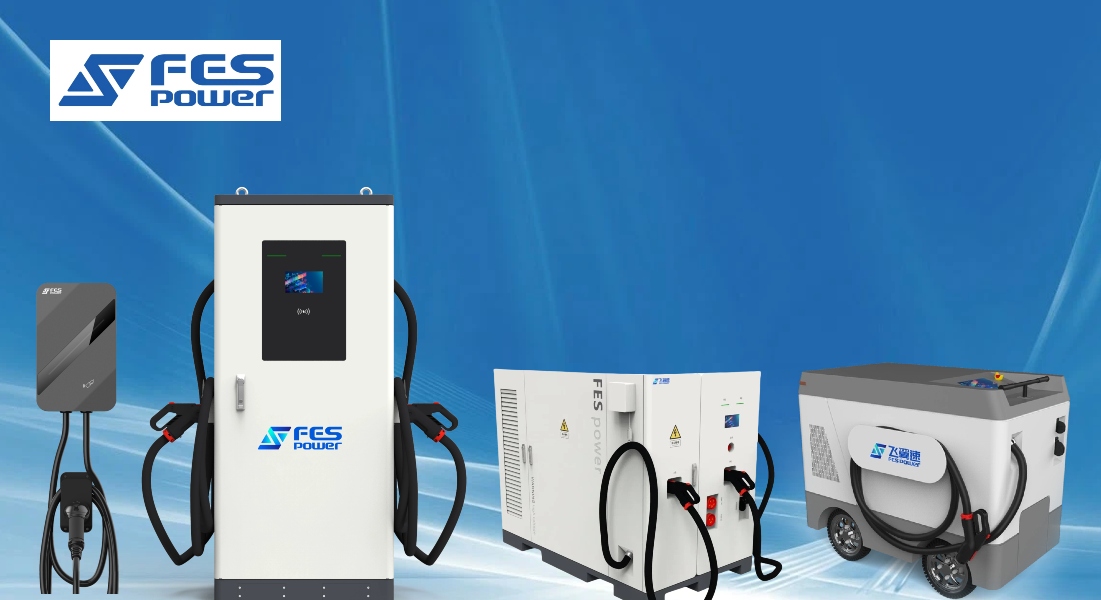- Call Us : +86-15060765919
- Mail Us : bella@fespower.cn
As the global EV market accelerates, charging networks are entering a new phase of high-power deployment. Yet behind rising charging speeds and upgraded infrastructure, one technical element has quietly become essential: cooling technology.
Today, cooling performance directly shapes how fast, how stable, and how reliably EV chargers operate — especially as power levels move beyond 120 kW.

Cooling Defines Charger Performance More Than Ever
Modern public charging stations operate under intensive conditions: long operating hours, high user turnover, and growing demand for 180–350 kW ultra-fast charging.
These factors significantly increase the thermal load on power modules and charging cables.
Studies from operators show that insufficient cooling can lead to:
In this new era, thermal design is no longer secondary — it is central to charger reliability.
Industry Shift: From Basic Cooling to Thermal Engineering
As charging speeds rise, cooling technologies are evolving in three major directions:
1. Scalable Cooling for Charging Hubs
High-power hubs now require cooling systems that adapt to multi-vehicle operation and fluctuating loads. The traditional “one cooling system per charger” model is becoming obsolete.
2. Liquid-Cooled Cables for Ultra-Fast Charging
To reach 500A–600A current levels safely, liquid-cooled cables are quickly becoming standard. They are essential for unlocking true 350–600 kW charging performance.
3. Liquid-Cooled Power Cabinets
To keep sustained output during peak demand, liquid-cooled main cabinets provide stable operation and reduced derating — a critical requirement for the next generation of EV platforms.
These developments reflect a shift toward integrated cooling ecosystems, not just cooling components.

How FES Power Builds for the Cooling-Centric Future
With the market moving toward high-performance thermal management, FES Power has aligned its product strategy accordingly.
Air-Cooled DC Fast Chargers (30–120 kW)
Designed for urban and commercial use, optimized airflow ensures stable performance even under continuous operation.
Liquid-Cooled Ultra-Fast DC Systems (180 kW+)
Built for expressways and high-demand charging hubs, delivering consistent high-power output for modern 800V EV platforms.
Liquid-Cooled Cable Options for 500A+ Applications
Supporting high-current ultra-fast charging scenarios where thermal control directly affects safety and speed.
Through these solutions, FES Power integrates cooling as a core engineering priority, positioning itself at the forefront of future EV charging infrastructure.